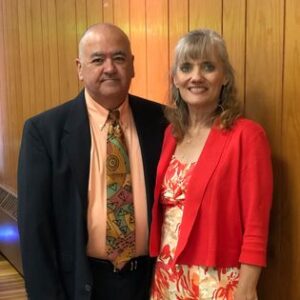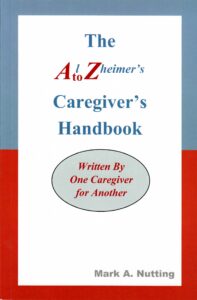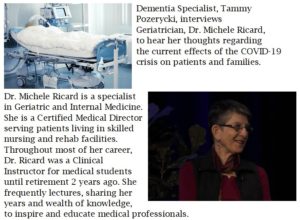
Get Busy Living or Get Busy Dying
I would love to introduce you to two of my favorite people, my friend Mike Belleville and his wife Cheryl Belleville (in the picture above). Mike was diagnosed 8 years ago at the age of 52 with Lewy Body Dementia. Now, at 60 years old, he explains how he lives by his favorite quote, “get busy living or get busy dying.” Mike is a national speaker, advocate and serves on the Advisory Board for the Dementia Action Alliance. His resume of his advocacy efforts is long enough for an additional blog article. Lewy Body Dementia or LBD is often misdiagnosed









